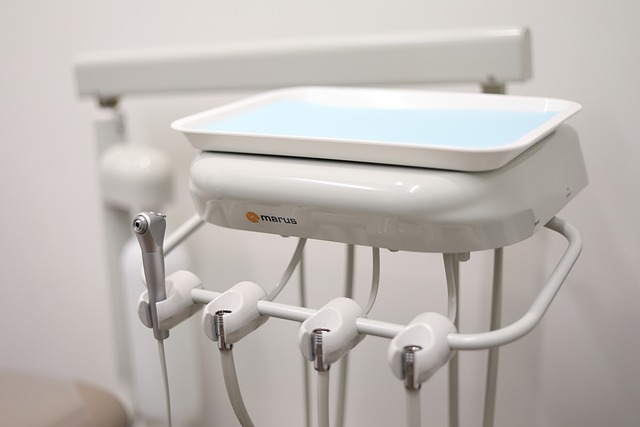Understanding Meningitis: Causes, Symptoms, and Treatment Options
Meningitis is an inflammation of the protective membranes covering the brain and spinal cord, known as the meninges. This condition can be life-threatening if not diagnosed and treated promptly. Understanding the causes, symptoms, and treatment options available is crucial for recognizing this serious illness early.

Causes of Meningitis
Meningitis can be caused by various infectious agents, including viruses, bacteria, and fungi. The following are some common causes:
- Bacterial Meningitis: This is the most severe form and can be caused by several types of bacteria, including Neisseria meningitidis and Streptococcus pneumoniae. It often requires immediate medical attention.
- Viral Meningitis: Generally less severe than bacterial meningitis, it can be caused by viruses such as enteroviruses, which are common in summer and fall.
- Fungal Meningitis: This type is rare and usually occurs in individuals with weakened immune systems. It can be caused by fungi like Cryptococcus.
- Non-infectious Meningitis: This type can occur due to certain diseases (like lupus), injuries, or medications.
Symptoms to Watch For
Recognizing the symptoms of meningitis early can significantly improve outcomes. Common symptoms include:
- Fever and chills
- Severe headache
- Stiff neck
- Nausea or vomiting
- Increased sensitivity to light
- Confusion or difficulty concentrating
- Rash (in some cases, particularly with bacterial meningitis)
These symptoms can appear suddenly and may worsen rapidly. If you or someone you know is exhibiting these symptoms, especially alongside fever and neck stiffness, seek medical help immediately.
Diagnosis and Treatment Options
Diagnosing meningitis typically involves a combination of physical examinations, blood tests, and imaging studies. A lumbar puncture, or spinal tap, is often performed to analyze the cerebrospinal fluid (CSF) and determine whether the cause is viral or bacterial.
Treatment varies based on the type of meningitis:
- Bacterial Meningitis: This requires urgent treatment with intravenous antibiotics and sometimes corticosteroids. Early intervention can reduce the risk of complications.
- Viral Meningitis: While there is no specific treatment for viral meningitis, supportive care such as rest, hydration, and over-the-counter pain relievers can help alleviate symptoms.
- Fungal Meningitis: Treatment typically involves antifungal medications, and the approach may vary depending on the specific fungus involved.
For more detailed information on treatment options, you can visit the Mayo Clinic’s page on meningitis.
Preventive Measures
Prevention plays a crucial role in combating meningitis. Vaccines are available for several types of bacterial meningitis. Vaccination during childhood and booster shots during adolescence can significantly reduce the risk. Additionally, practicing good hygiene—such as regular handwashing and avoiding close contact with sick individuals—can help prevent the spread of infections.
Here’s a helpful video that explains meningitis in more detail:
Final Thoughts
Understanding meningitis is essential for early detection and treatment. This serious condition can progress rapidly, so awareness of its causes and symptoms is vital. If you suspect meningitis in yourself or others, do not hesitate to seek medical assistance. Early intervention can save lives.
